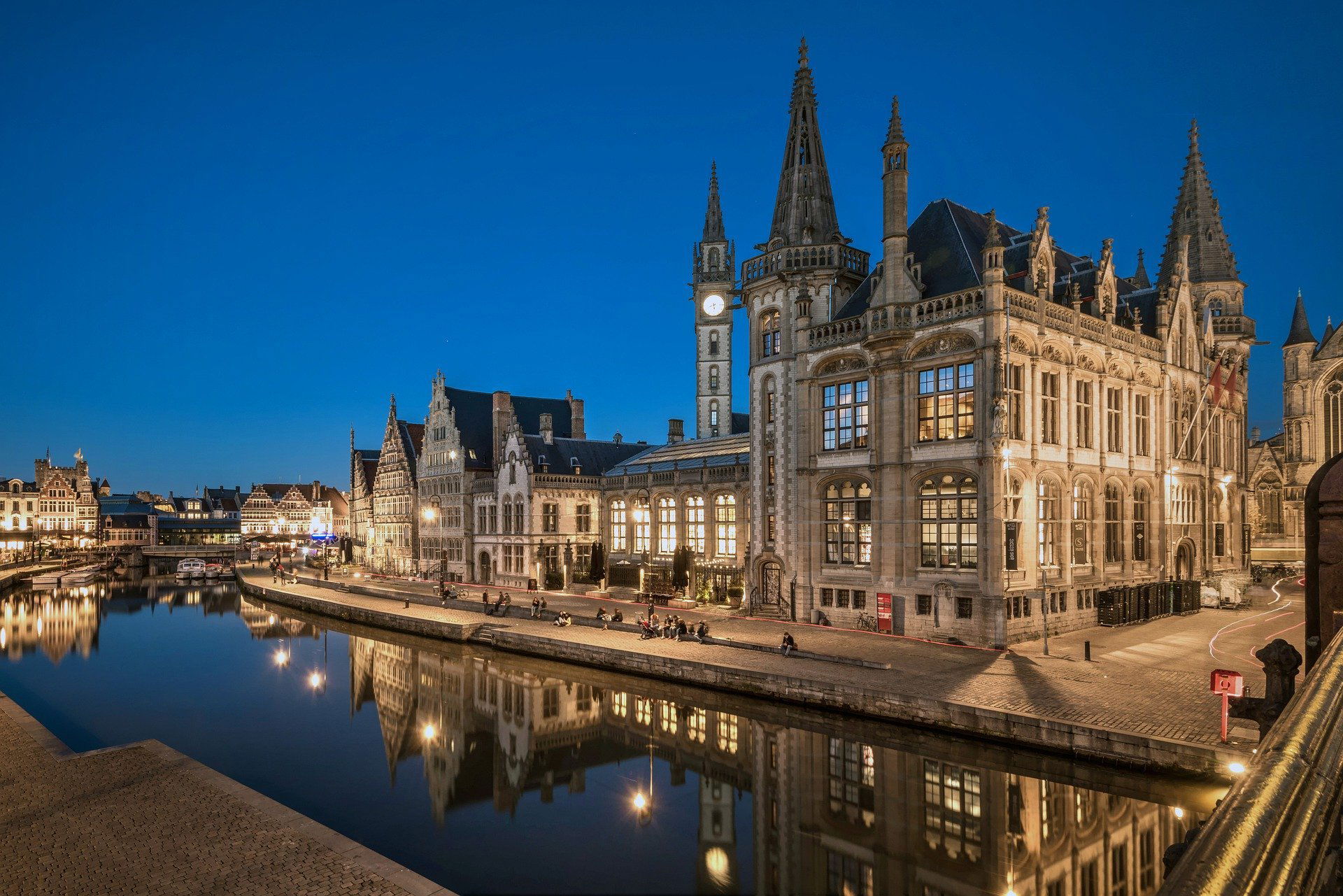History of Belgium: Journey from Ancient Civilization to Modern Nation
Introduction
Belgium, a small but historically important country in Western Europe, is known worldwide for its rich cultural diversity and political history. The country is famous for its medieval cities, Renaissance-era architecture, and World War II battlefields. Belgium's history has been shaped by the influence of various ethnic groups and important historical events, creating a unique experience for tourists to the country.
Ancient and medieval Belgium
The ancient history of Belgium begins around 500 BC, when Celtic tribes settled in the region. During this period, the Gauls inhabited the region, and they became part of the Roman Empire. After the fall of the Roman Empire in the 5th century, the Franks entered the region, and it later became part of the Carolingian Empire. During the Middle Ages, major Belgian cities such as Bruges, Ghent, and Antwerp developed into important commercial centers. During this time, Belgium was known as two major duchies, Flanders and Brabant, which played an important role in trade with the rest of Europe. The cathedrals, monasteries, and castles built during the Middle Ages are still major tourist attractions.
Habsburg rule and the struggle for independence
In the 15th and 16th centuries, Belgium came under the Habsburg Empire. During this time, the country experienced a great deal of development in art and culture. Renaissance and Baroque architecture emerged in Brussels and other cities. However, in the 17th century, religious and political tensions led to Belgium rebelling against Habsburg rule. In 1830, Belgium declared independence from the Netherlands. The struggle for Belgian independence was one of the country's major political and military events. After independence, Belgium was established as a constitutional monarchy, with King Leopold I as the country's first king.
Belgium during World Wars I and II
During World War I, Belgium was a neutral country, but was invaded by Germany. During the war, Belgium was extensively destroyed and many parts of the country became known as important battlegrounds. During World War II, Belgium was again invaded by Germany, and after the war, the country made extensive efforts to rebuild.
Modern Belgium: The Center of the European Union
After World War II, Belgium experienced rapid economic growth and emerged as one of the founding members of the European Union. The city of Brussels is known as the main headquarters of the European Union and today stands at the center of European politics and culture.

Main attractions in Belgium
Belgium is known worldwide for its rich history and culture. The country's main attractions include:
- Brussels : The headquarters of the European Union, home to the Grand Place, the Manneken Pis, and the Atomium. The city's architecture, art museums, and Renaissance architecture are major attractions for tourists.
- Bruges : This medieval city is famous for its canals, old buildings, and Gothic architecture. Bruges is a favorite tourist destination for its romantic atmosphere and historical sites.
- Ghent : Like Bruges, Ghent is known for its medieval architecture and rich history. The St. Bavo Cathedral and Ghent Castle are among the main attractions.
- Antwerp : The commercial capital of Belgium, famous for its port, diamond industry, and paintings by Rubens. Antwerp's Gothic churches and Baroque architecture attract travelers.
- Waterloo : The battlefield of Waterloo, whe